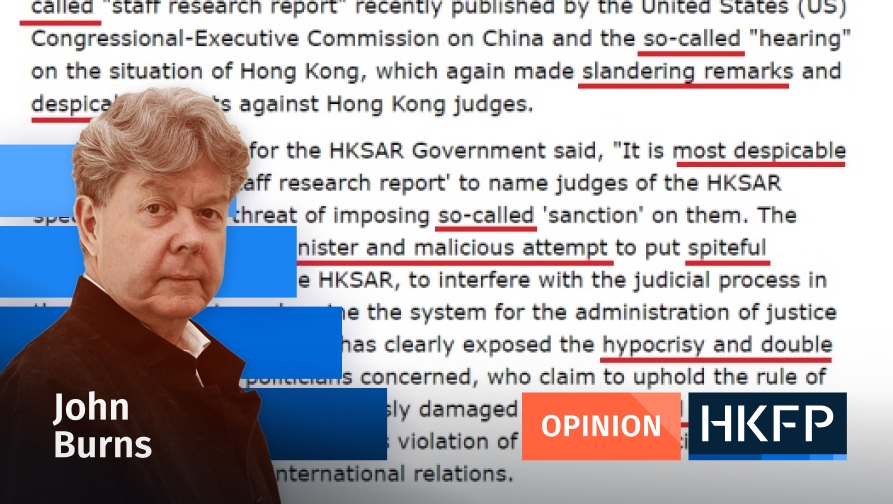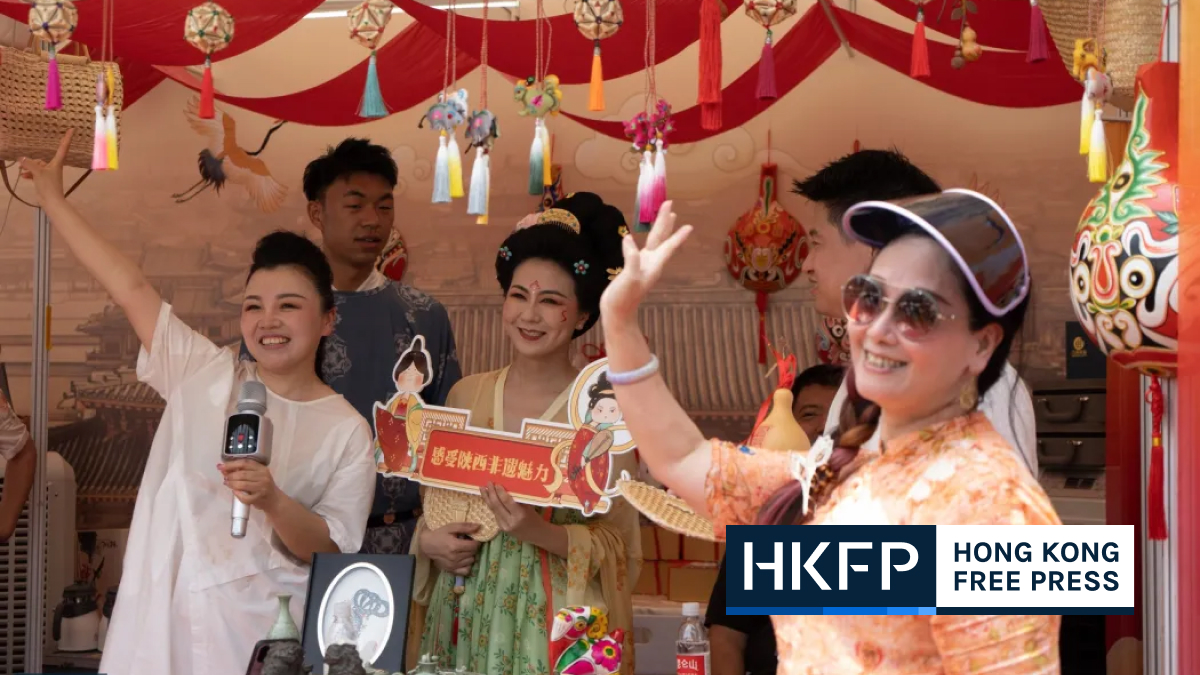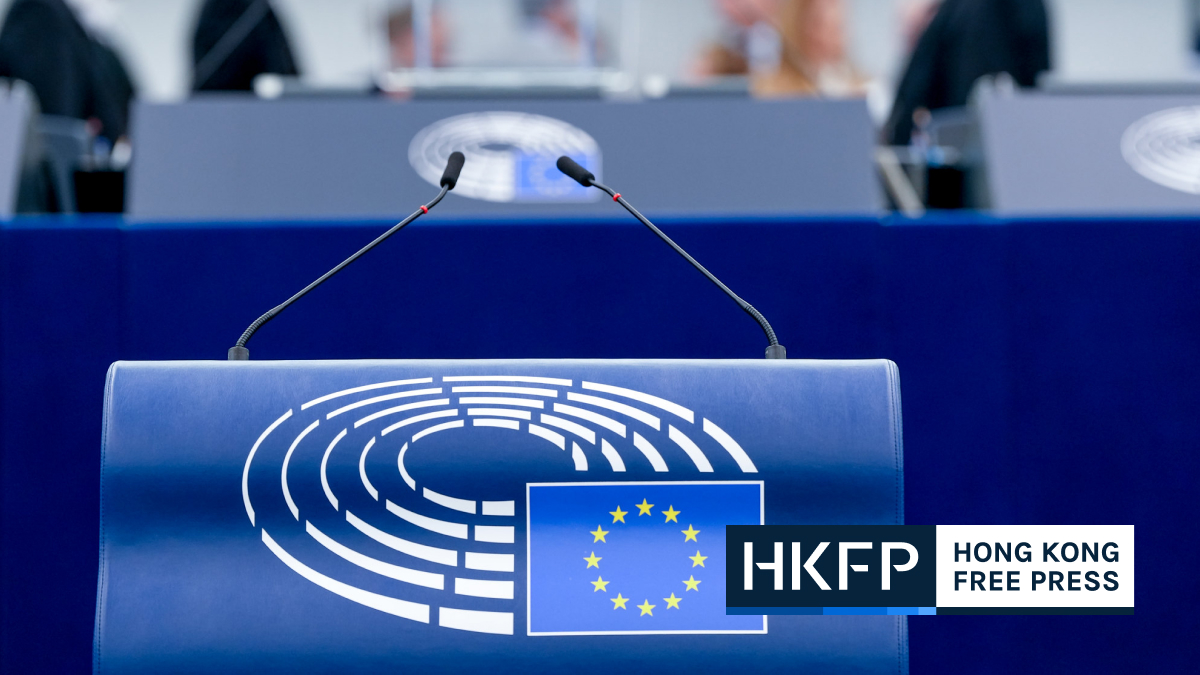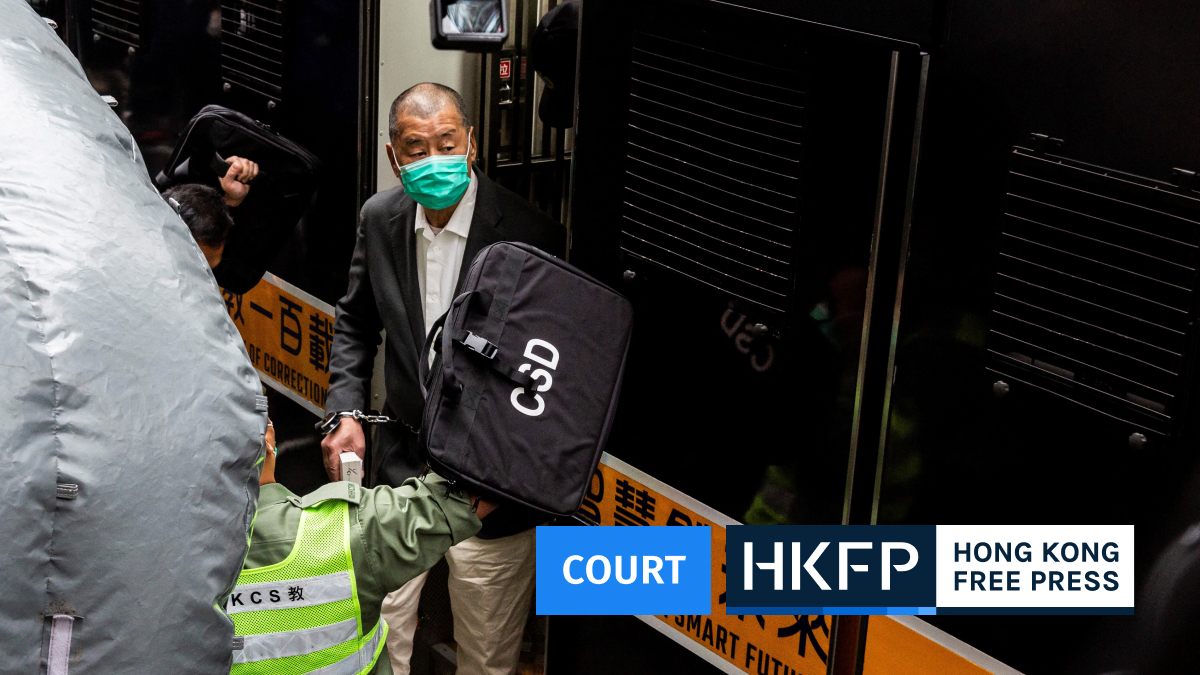The Asia chairperson of US-based law firm Davis Polk & Wardwell has withdrawn from a Hong Kong forum on the national security law following criticism that it was a “propaganda event.”
Partner Martin Rogers said in a LinkedIn post on Saturday that his agreement to participate did not reflect support for any topics discussed: “I was invited to speak, and accepted the invitation, in my individual capacity alongside other independent experts on specific matters including procedural challenges that could arise related to the national security law and laws in other jurisdictions.”

“My agreement to participate did not reflect an endorsement or support of any topics discussed or individuals or organisations involved,” he added. However, Rogers has openly expressed support for the security law at a previous government forum.
The National Security Law Legal Forum: Thrive With Security event is set to take place on Saturday and is organised by the Department of Justice. Rogers was scheduled to join a panel titled Comparative Study of Cases under the National Security Law and National Security Cases in Foreign Jurisdictions.
In a LinkedIn post last week, he tagged his law firm and said it was his honour to take part in the event to commemorate the second anniversary of the security law.
Saturday’s forum will be opened by Chief Executive Carrie Lam, and the head of the national security department Zheng Yanxiong will deliver a keynote speech titled From Chaos to Order – National Security Law as the Model Example of the Rule of Law. Other speakers include finance chief Paul Chan, Deputy Commissioner of Police (National Security) Edwina Lau, Secretary for Justice Teresa Cheng and China Liaison Office deputies Chen Dong and Wang Linggui.

Samuel Bickett, a US lawyer who was forced to leave Hong Kong after serving a jail sentence over the 2019 protests, questioned how Davis Polk had approved the event.
“Lawyers can and should provide commentary on the [security law] at professional and academic conferences, but that’s not what this event is. It’s a propaganda event intended to validate the NSL as “just another law,” and [Davis Polk] is being used as a tool in service of that goal,” he said on Twitter last Friday.
He later tweeted: “I hope int’l law firms will take a hard look at their human rights oversight procedures across the world. What are your lawyers doing in your firm’s name that you don’t know about?”
However, lawmaker Regina Ip denounced the withdrawal: “If this is not double standards in muzzling Rogers’ freedom of expression, what is?” she said in a tweet on Saturday.
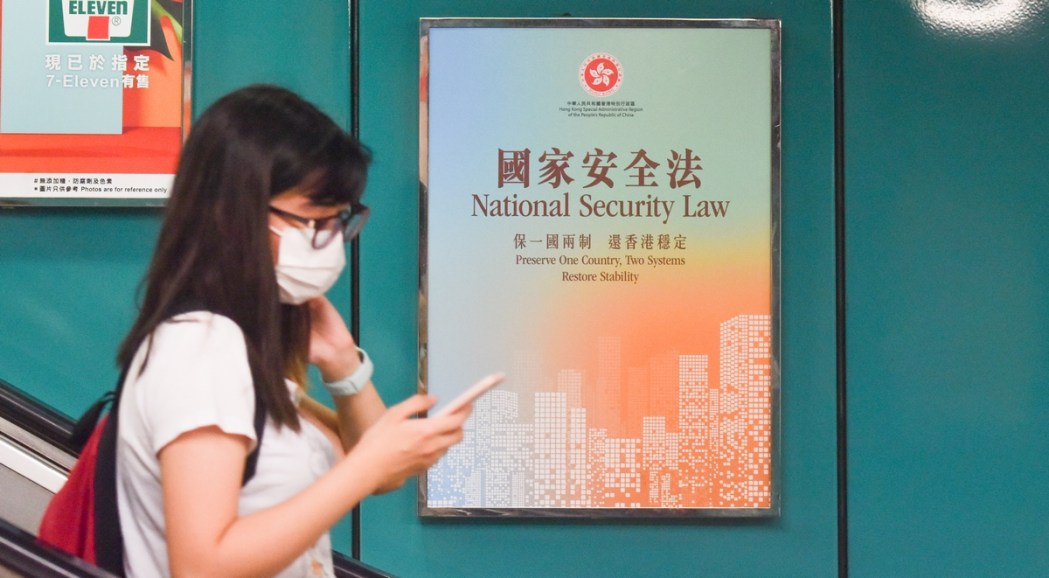
Davis Polk is a New York-based international law firm founded in 1849. The firm has not answered HKFP’s questions as to whether they were concerned about criticism, whether they supported the security law, and whether they were worried about their partner appearing alongside Hong Kong officials sanctioned by the US government.
In June 2020, Beijing inserted national security legislation directly into Hong Kong’s mini-constitution – bypassing the local legislature – following a year of pro-democracy protests and unrest. It criminalised subversion, secession, collusion with foreign forces and terrorist acts, which were broadly defined to include disruption to transport and other infrastructure. The move gave police sweeping new powers, alarming democrats, civil society groups and trade partners, as such laws have been used broadly to silence and punish dissidents in China. However, the authorities say it has restored stability and peace to the city.
Rogers hails security law
Rogers has taken part in a previous government forum on the security law and expressed support for the legislation. In a video for the justice department’s Inclusive Dispute Avoidance and Resolution Office last July, he hailed the law as a “very important, positive” framework for maintaining Hong Kong’s status, and “very standard” when compared to such laws abroad.
He claimed that the “rule of law means compliance with the law” and said Beijing and Hong Kong had done a good job in terms of transparency.
The withdrawal of Davis Polk’s partner echoed an incident last October when US law firm Mayer Brown backed down from representing the University of Hong Kong in its decision to remove a Tiananmen crackdown memorial. The firm withdrew from the case following a week of international pressure.
When HKFP asked the Department of Justice for a reaction to Rogers’ withdrawal, whether he would be replaced, and if they were given a reason for his withdrawal, a spokesperson said: “The forum will be held as scheduled.”
Support HKFP | Policies & Ethics | Error/typo? | Contact Us | Newsletter | Transparency & Annual Report | Apps
Help safeguard press freedom & keep HKFP free for all readers by supporting our team





















